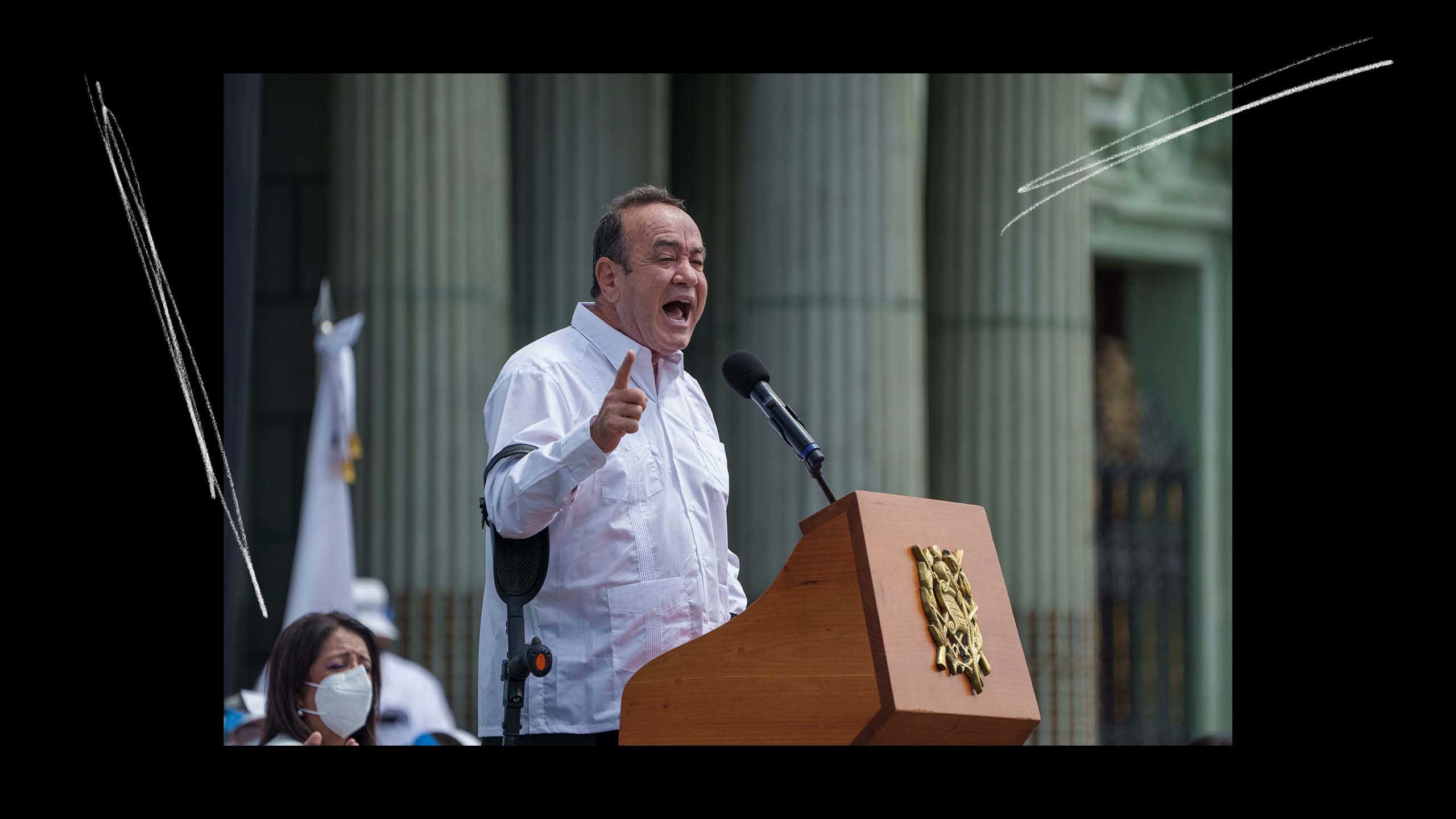Guatemala passed a bill outlawing same-sex marriage this week while tightening its already harsh abortion ban.
On March 8, Guatemala’s Congress of the Republic overwhelmingly voted in favour of a “Life and Family Protection Law” that would criminalize individuals who “have induced their own abortion or given their consent to another person to carry it out.” Violators could face up to 10 years behind bars under the legislation, according to the Agence France-Presse. And the bill mandates even harsher penalties for inducing an abortion without a pregnant person’s consent: up to 50 years in prison.
Guatemala has long criminalized abortion care. In fact, all abortions were illegal in the country until 1973, when a congressional decree allowed exceptions in cases where the birthing parent’s life is threatened by the pregnancy. In any other case, however, individuals faced up to three years in prison.
The new omnibus-style bill also takes aim at LGBTQ+ rights in a country where queer and trans people have few federal protections against discrimination. The legislation would update the Guatemala Civil Code to “expressly prohibit same-sex marriages” and prohibits schools from teaching that “anything other than heterosexuality is normal,” per the BBC.
Echoing the controversial “Don’t Say Gay” bill that passed the Florida legislature earlier this week, the proposed curriculum restrictions single out educating youth on trans issues in particular. The Life and Family Protection Law bars educators from teaching students that a person’s “birth gender” can deviate from their lived identity.
LGBTQ+ advocates and progressive leaders in Guatemala strongly criticized the bill following Tuesday’s vote. Cristian González, an LGBTQ+ researcher with Human Rights Watch (HRW), told the Associated Press that the bill “represents a threat to the rights of women and LGBT people.” Jordán Rodas, Guatemala’s human rights ombudsman, called it a “setback to freedom.”
While human rights activists have vowed to challenge the bill if it is signed into law, Guatemala President Alejandro Giammattei said that he plans to veto it.
“I have spoken with the president of the legislative body to ask that Congress shelve this law, and, if it is not, I have decided that if this law reaches my office it will be vetoed,” Giammattei said in a message broadcast on local TV networks, as Reuters reports.
It’s not clear how open lawmakers will be to Giammattei’s plea. The “Life and Family Protection Law” passed nearly unanimously in Guatemala’s unicameral legislature, with just eight representatives opposing it. While 51 members of Congress abstained from the vote, 101 approved the bill.
A two-thirds vote will be required to send the legislation to Giammattei’s desk over his objections, according to Reuters. Supporters will need to flip just five lawmakers who initially declined to vote in order to make that happen. Congress will reportedly meet next week to discuss Giammattei’s request.
What’s also an open question is how strongly the president actually opposes the “Life and Family Protection Law.” Just hours before Giammatei claimed publicly that the bill would violate international human rights treaties, he reportedly declared Guatemala the “pro-life capital of Ibero-America” at a rally marking March 9 as “Life and Family Day.”
“This event is an invitation to unite as Guatemalans to protect life from conception until natural death,” he declared in an address from the National Palace.
A handful of Latin American countries already outlaw abortion care, with El Salvador, Honduras and Nicaragua banning abortions in all cases. Only Bolivia and Paraguay prohibit same-sex marriage as part of their national constitutions, while Guyana criminalizes sexual activity between partners of the same gender. Guyana’s laws, which mandate a sentence of 15 years to life, are reportedly not enforced.
A 2018 ruling from the Inter-American Court of Human Rights (IACHR) appeared to pave the way for marriage equality across Latin America. The court ruled that the 20 countries under its jurisdiction, including Guatemala, are obligated to treat same-sex couples “without discrimination.”
The majority of signatories to the IACHR have not responded to the order. Costa Rica, which had asked the court to take up the issue, legalized same-sex marriage in May 2020.


 Why you can trust Xtra
Why you can trust Xtra


